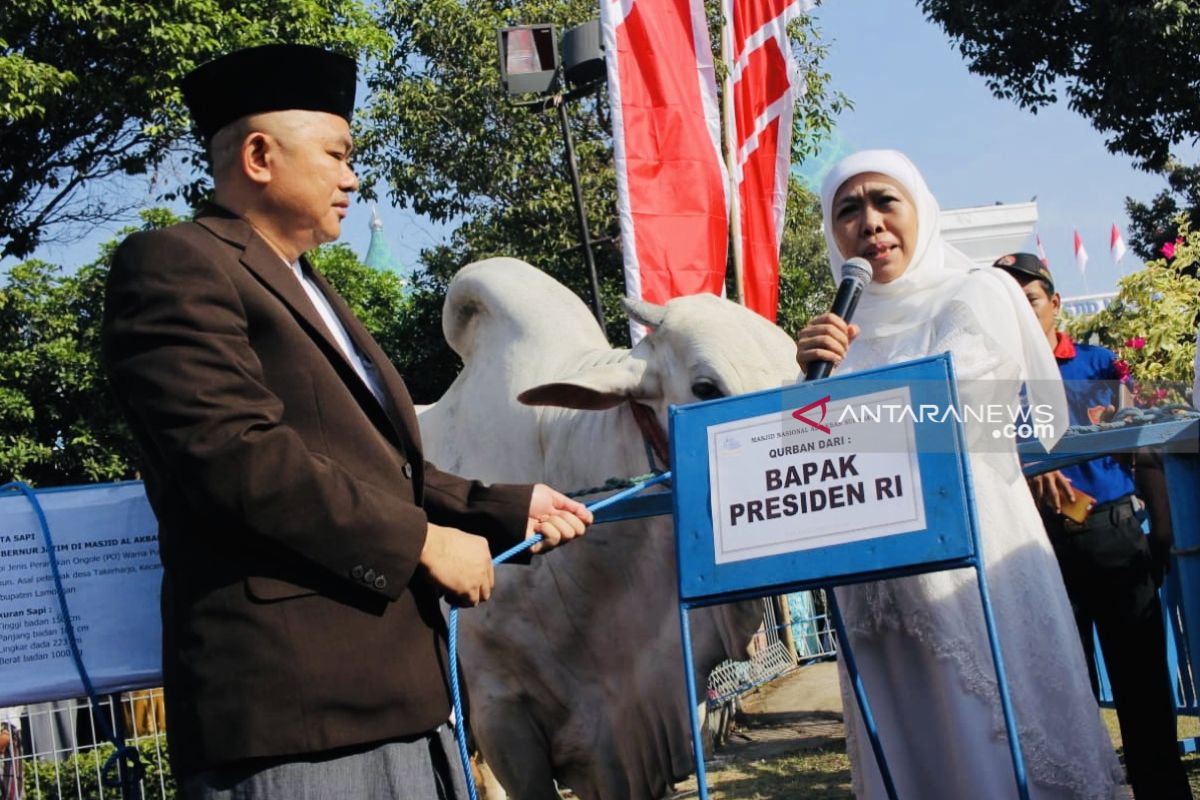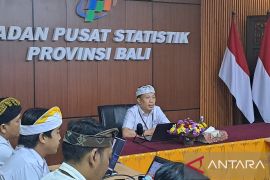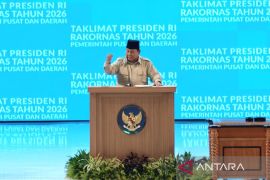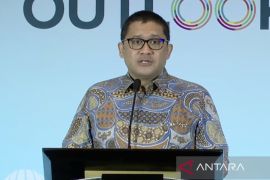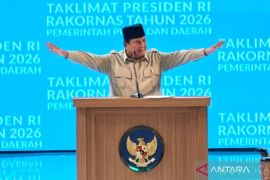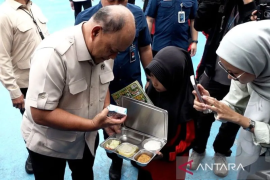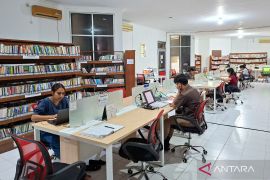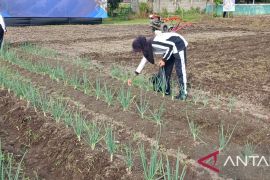In the country's capital city, Jakarta, the Istiqlal Mosque, for example, had used plaited bamboo-based food containers to distribute the meats for the have-nots during the Islamic holy day.
The mosque's spokesperson, Abu Hurairah stated that Istiqlal had ordered 6,000 pieces of bamboo food container and thousands of biodegradable plastic made from cassava.
The use of plaited bamboo wrappers, the spokesperson noted, followed the instruction of Jakarta Governor Anies Baswedan for this year's Eid Al-Adha Celebration, but the mosque already used the biodegradable plastic for the past five years.
Not only in Jakarta, mosques in East Java Province also used plaited bamboo food containers and teak leaves to wrap the meat.
Al Akbar Mosque in Surabaya City, East Java Province, for instance, provided 3,000 packs of plaited bamboo food containers to distribute meats that were slaughtered from 30 cows and 98 lambs.
Besides environmentally friendly wrapper, Al Akbar Mosque also composted the cattle's wastes into organic fertilizers.
As the second annual celebration on the Islamic calendar, Eid Al-Adha marks the completion of Hajj in the holy city of Mecca, in Saudi Arabia, while in other countries, Muslim communities will slay a few mammals such as cattle, goat, or lamb as a symbol of obedience to the almighty God.
Referring to verses in the Quran, the slaughter is aimed to commemorate the willingness of Prophet Ibrahim or Abraham who sacrificed his son, Prophet Ismail, on God's command.
In Indonesia, the world's most populous Muslim nation, Eid Al-Adha is a public holiday. Besides Indonesia, the sacrifice day is also celebrated in other Muslim-majority states such as the Middle East, Malaysia, Bangladesh, Pakistan, Egypt, and Afghanistan.
Translator: Fiqih Arfani/Genta Tenri Mawan
Editor: Suharto
Copyright © ANTARA 2019
